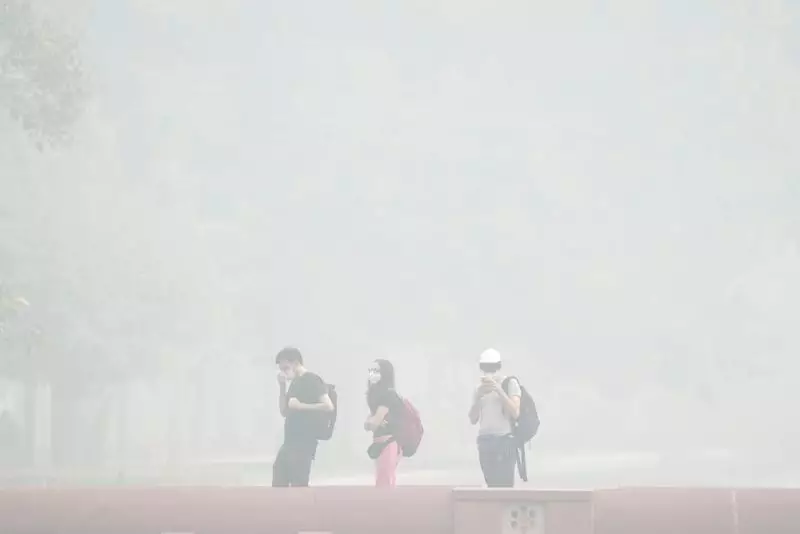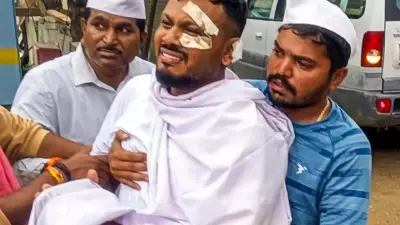
The Supreme Court of India has raised serious alarms about the dangerous air pollution levels in Delhi, with one judge describing the situation as "very, very serious" during a recent hearing. The court's strong remarks came as the capital city continues to grapple with toxic air quality that poses significant health risks to its residents.
Judicial Intervention in Pollution Crisis
During the hearing on November 7, Justice Sanjay Kishan Kaul did not mince words when addressing the severity of Delhi's pollution emergency. The bench, which also included Justice Sudhanshu Dhulia, expressed deep concern about the hazardous air quality that has become an annual nightmare for the city's inhabitants. The court emphasized that immediate and effective measures are necessary to address this public health crisis.
The judges pointed to several contributing factors to the pollution crisis, with particular focus on agricultural burning in neighboring states. Justice Kaul specifically mentioned that crop residue burning in Punjab and other northern states significantly exacerbates Delhi's air quality problems during the winter months. This practice, though banned, continues to be a major source of particulate matter that drifts into the capital region.
Government Accountability Demanded
The Supreme Court bench has demanded concrete action plans from concerned authorities to tackle the pollution emergency. The court has sought detailed responses from state governments of Punjab, Haryana, Uttar Pradesh, and Delhi regarding their strategies to combat air pollution. This judicial push comes as air quality indices consistently show hazardous levels that endanger public health, especially children, elderly citizens, and those with pre-existing respiratory conditions.
Medical experts have repeatedly warned about the health implications of prolonged exposure to such poor air quality. Delhi's air pollution contains dangerous levels of PM2.5 and PM10 particles that can penetrate deep into lungs and bloodstream, causing respiratory illnesses, cardiovascular problems, and other serious health complications. The situation becomes particularly critical during winter months when meteorological conditions trap pollutants close to the ground.
Comprehensive Approach Required
The Supreme Court has emphasized that a piecemeal approach will not solve Delhi's persistent air quality problems. The bench stressed the need for a comprehensive, multi-pronged strategy that addresses all major pollution sources simultaneously. This includes vehicular emissions, industrial pollution, construction dust, waste burning, and agricultural fires across northern India.
Environmental activists and public health experts have welcomed the court's intervention, noting that the pollution crisis requires urgent coordinated action between multiple states and central government agencies. The court's monitoring of the situation is expected to ensure that authorities implement effective measures rather than temporary fixes that provide only short-term relief.
As Delhi continues to battle what has become an annual environmental emergency, the Supreme Court's strong stance signals that the judiciary will keep pressure on governments to fulfill their responsibility of providing citizens with clean, breathable air. The coming weeks will be crucial in determining whether concrete actions follow the court's serious concerns about this public health crisis.





